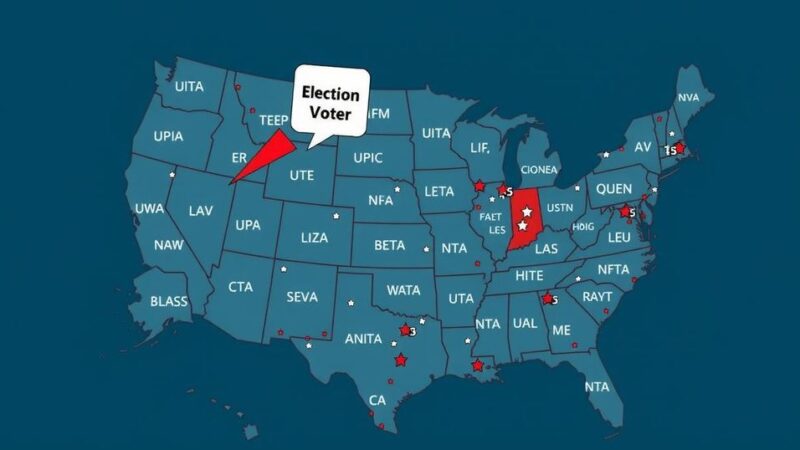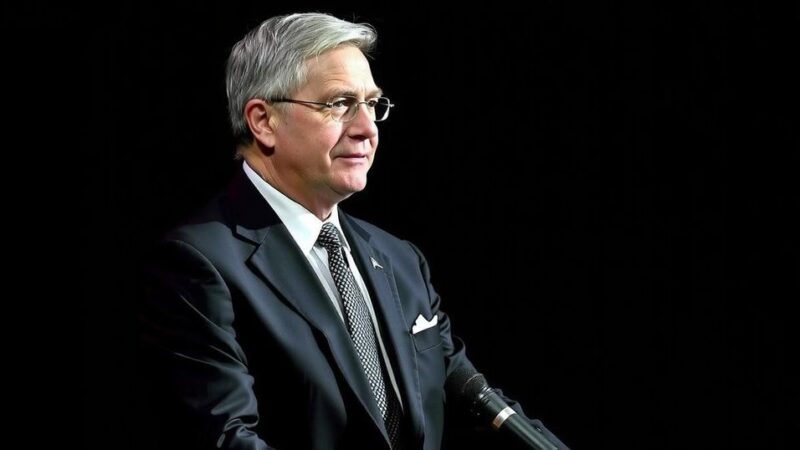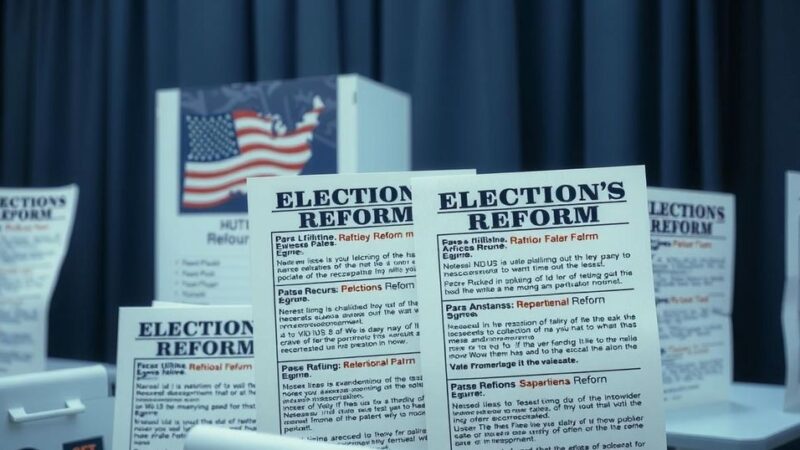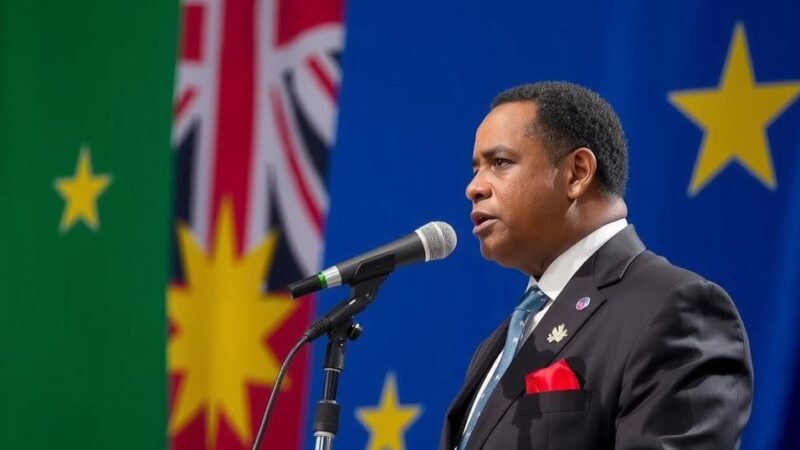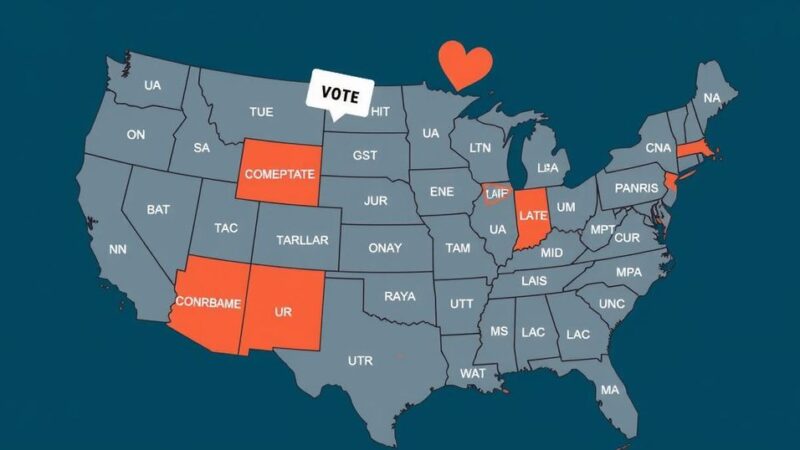An “October Surprise” refers to unexpected events in the final weeks of a presidential campaign that can significantly alter election outcomes. Historically exemplified by Richard Nixon’s 1972 campaign, recent elections have seen multiple surprises that profoundly impacted candidate standings. With strategic preparations in place, candidates now account for potential surprises, although their influence may be waning due to shifts in voter loyalty and the rise of early voting.
In the context of U.S. elections, an “October Surprise” refers to unexpected developments that occur in the weeks leading up to Election Day, significantly impacting the race’s outcome. This phenomenon has manifested in various forms throughout the last half-century, often altering the electoral landscape at the last moment. A historical case that encapsulates the essence of an October Surprise occurred on October 26, 1972, when Henry Kissinger announced that peace in Vietnam was imminent. Although President Nixon was already favored to win, this announcement created a wave of support that contributed to his decisive victory, where he won by 18 million votes. This entrenchment of a last-minute game-changer in elections led to the term “October Surprise” gaining traction in political discourse during the early 1980s. Oscar Winberg, a political expert from Finland, outlines three categories of October Surprises: international diplomatic developments, political scandals resurfacing due to leaks, and significant domestic events, such as natural disasters or major government inquiries. The 2016 presidential election presents a remarkable case of multiple October Surprises. Over the course of just four weeks, unexpected events unfolded: from revelations about Donald Trump’s tax returns and damaging leaked emails from Hillary Clinton’s campaign to shocking audio recordings of Trump making crude remarks and a renewed FBI investigation into Clinton’s email practices. These events proved pivotal in shaping voter perceptions and influencing the election’s outcome. As detailed in Devlin Barret’s book, “October Surprises,” the FBI investigation into Clinton’s emails significantly hampered her campaign despite not revealing their content. Political candidates are increasingly aware of October Surprises and often prepare crisis management strategies to mitigate their effects. The practice of ‘opposition research,’ whereby teams investigate opponents and even their own candidates to uncover potentially damaging information, has become commonplace. Despite their prevalence, the potency of October Surprises has diminished in more recent elections. Winberg notes that with fewer undecided voters and a growing trend of early voting, last-minute events are less likely to shift the overall electoral outcome. Furthermore, in an intensely polarized political landscape, where party loyalty remains strong, any shifts caused by surprising developments could be less significant than in past years. Ultimately, while October Surprises have the potential to sway elections, their current impact may be less potent than in previous decades, as changing voter behavior and political dynamics continue to evolve.
The concept of an October Surprise has emerged over the last fifty years, marking significant instances in U.S. election history where unforeseen events right before an election have shifted the trajectory of presidential races. Understanding this phenomenon requires examining historical examples, common types of surprises, and recent trends in voter behavior.
In conclusion, October Surprises serve as critical turning points in U.S. presidential elections, with significant historical precedents illustrating their capacity to influence electoral outcomes. As electoral dynamics shift with changing voter behavior and the increasing prevalence of early voting, the effect of these last-minute surprises may continue to evolve, prompting candidates to adapt their strategies accordingly.
Original Source: www.france24.com

